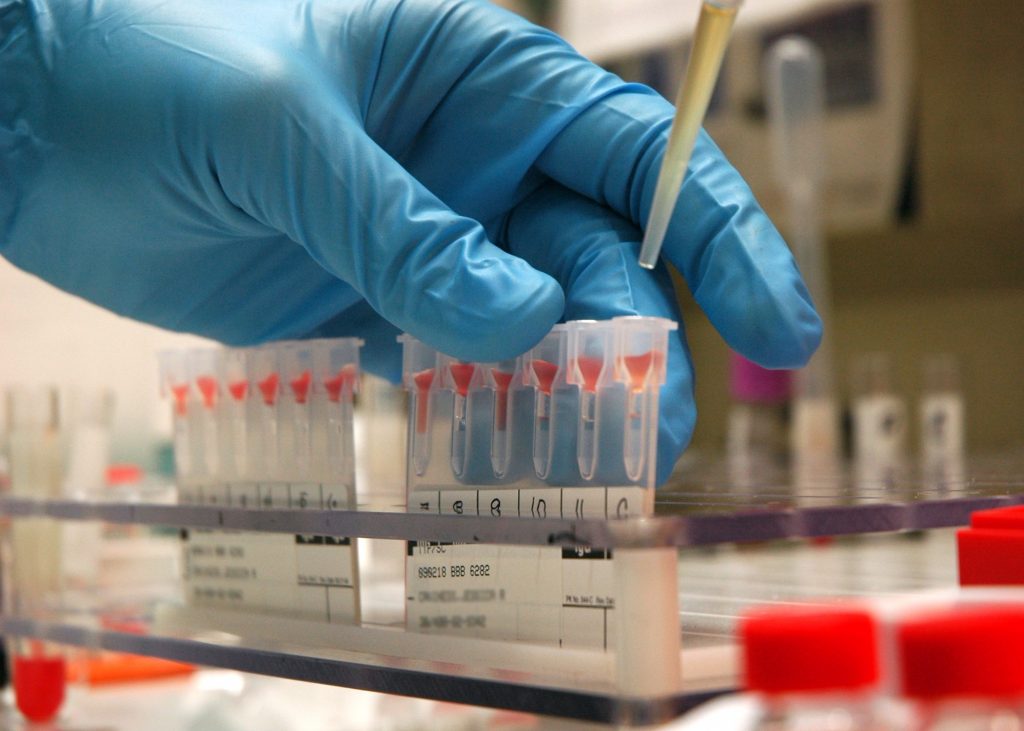StatsCan selects Ottawa as first city to take part in national health survey
By Boveda Rodriguez
Statistics Canada has launched their biennial national health survey meant to provide a more accurate portrait of the health of Canadians — and Ottawa will be the first city tested this year.
According to Janine Clarke, Canadian Health Measures Survey unit head, the survey was launched in 2007 and is done every two years.
This time around, Ottawa was randomly chosen as the first city to be tested. The plan is for those collecting data to work in Ottawa for about six weeks and then move on to another province of Canada, said Clarke.
Statistics Canada collects information on a variety of health-related indicators — everything from height and weight to different nutrition markers, such as levels of vitamin D and B12, as well as levels of mercury.
Five hundred participants will receive an invitation letter by mail. Then select residents will contact Statistics Canada’s team to proceed with the two-phase survey.
The first phase includes an in-home interview, during which participants will answer personal and lifestyle questions related to nutrition, alcohol consumption, smoking, medical history and physical activities. Then respondents would move to the second phase, visiting a mobile clinic where physical measurements will be taken.
For physical examinations, participants will go to the Tunney’s Pasture mobile clinic west of downtown Ottawa.
“We do our selection based on a target, age and sex. So we’re looking for individuals between the ages of 3 and 79 and we’re looking for enough individuals in the various age and sex groups to come up with a nationally representative (sample) at the end,” Clarke added.
The data will help to identify cardiovascular health and musculoskeletal fitness, lung health, hearing problems, diabetes, infection markers and nutritional status. Blood and urine samples help to test for environmental exposure and other issues.
For confidentiality purposes, the organization does not release the names of participants.
The response to the survey has been positive overall, especially since all the testing is done at no cost and participants get to have the results back, said R.J. Edjoc, manager of the CHMS analysis team.
“We generally have a good response to our survey. The majority of people who have been selected and complete the household questionnaire will then also go on to complete the clinic visit,” said Clarke.
Edjoc said the collected data is used by various stakeholders such as Public Health Canada, health professionals, researchers and hospitals. “They get to use this source for planning and adapting their programs to serve the population they are looking after,” he added.
The survey began on Jan. 3 and will continue until December 2019. The survey is voluntary and participants can choose the language of their preference.

